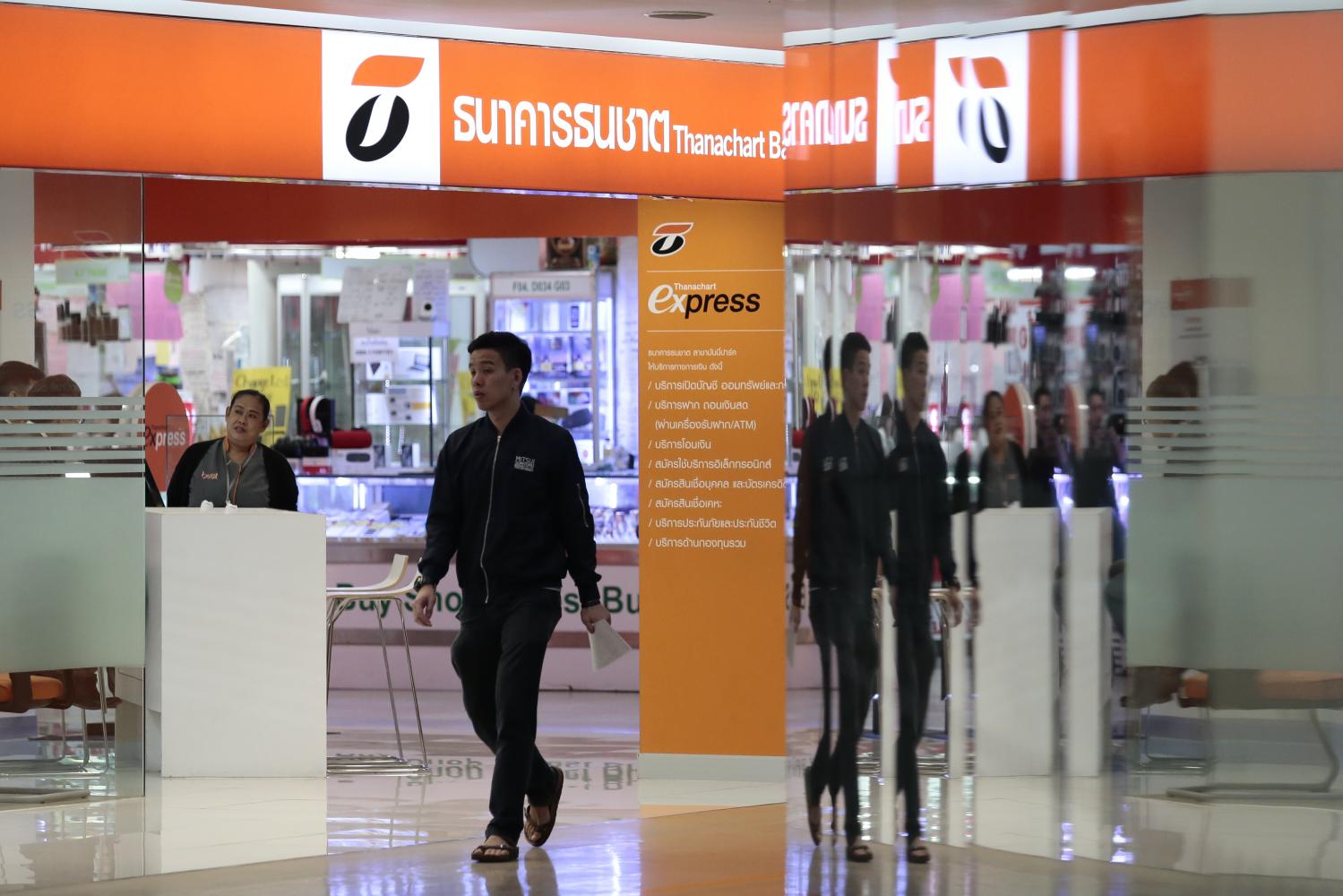
Thanachart Bank (TBank), one of the country's largest auto lenders, has tightened its debt collection process to control bad loans after an uptick in the number of seized cars.
The higher number of impounded cars, which is part of a trend in the industry, has lowered used-car prices by 1-2% from last year, said TBank chief executive and president Praphan Anupongongarch.
In an effort to offset the lower price, the bank will improve management of seized cars, he said.
Despite the rise in seized cars, Mr Praphan said the figures are not so high as to indicate a deterioration of borrowers' debt-servicing ability, noting that the bank managed to contain its bad car loans at a low level.
Auto loans make up the largest portion of the bank's loan portfolio at 56.8% of the total of 762.7 billion baht.
TBank's gross non-performing loans were 2.19% of its total loans at the end of March, down from 2.3% at the end of last year.
The lender aims to lower its bad-loan ratio further this year, Mr Praphan said.
Efficient debt collection is a means to help the bank keep a lid on soured loans, he said.
The bank has outsourced auto loan collection and has no plans to hire more outsourcing firms, rather focusing on operational efficiency.
"With our strong risk management, we expect to control asset quality of auto loans as we attempt to meet growth targets," Mr Praphan said.
TBank, the country's sixth-largest lender by assets, is maintaining a 10% auto lending growth target this year.
Its auto loan growth is on track, driven by robust car sales, Mr Praphan said.
Thailand's new-car sales are forecast to reach a million units this year.
For the first quarter, the bank expanded auto loans to 433 billion baht, up 13.7% year-on-year and 2.81% from the previous quarter.
Mr Praphan said the Bank of Thailand's examination of auto loans will raise awareness of risk management in the industry.
"We will wait for a clearer clue as to whether the regulator will implement any measures to supervise loan products," he said. "For now our business plan is unchanged."
Accumulation of household debt, especially auto and mortgage loans, is a risk that the central bank is monitoring because it could hurt future financial stability.
The Bank of Thailand wants to examine whether auto loan standards are deteriorating as part of efforts to reduce stubbornly high household debt in the country.